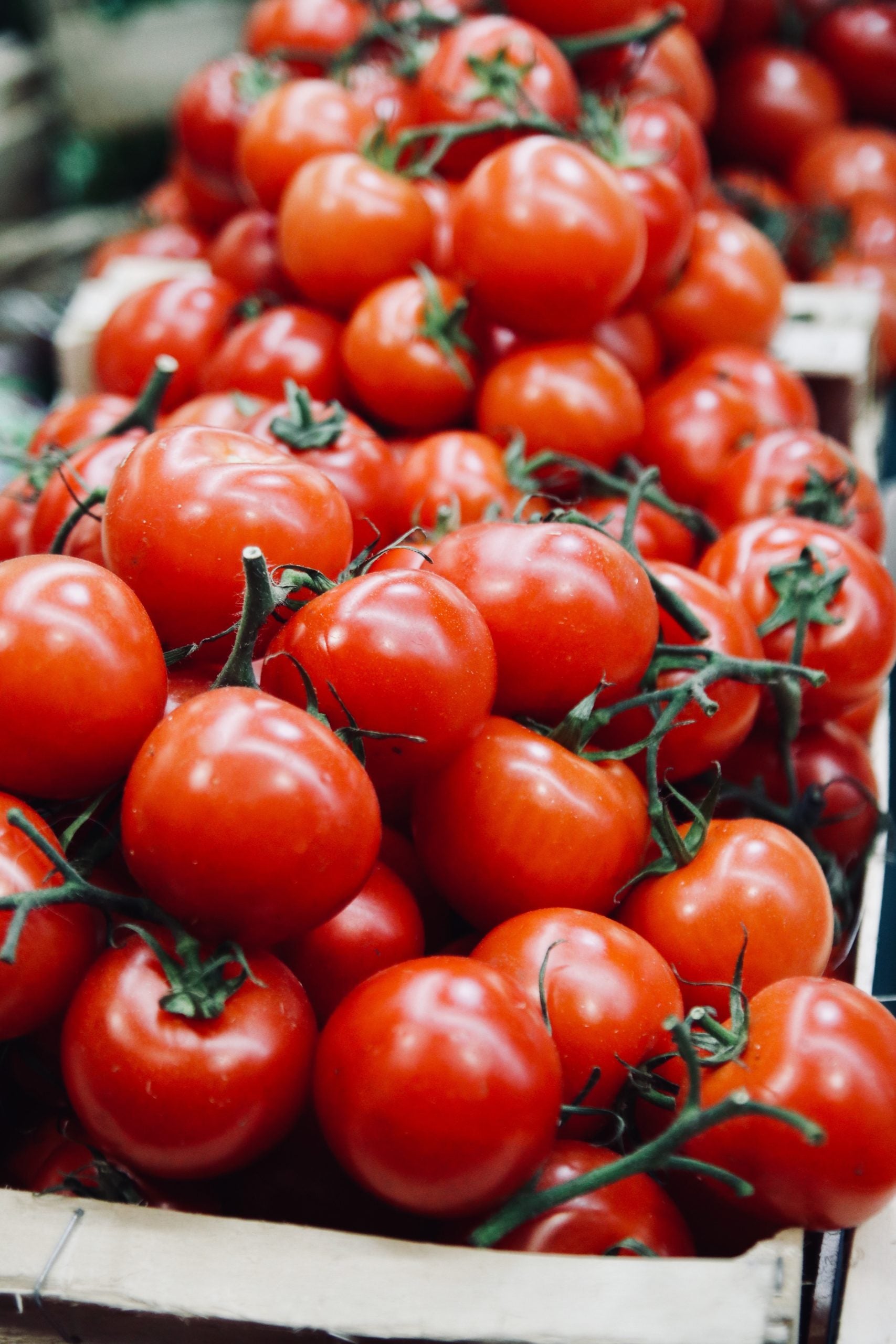With so much going on at the moment, we are all facing a new normal. Simple changes to our daily routines can make a difference to how we feel.
Just say no
For lots of us saying yes to something is our default position. It’s easier to say yes now to a colleague, a friend or relative then work out the why and the how later. Saying no can be difficult, especially if you are someone who wants to avoid conflict or just finds it easier to ‘go with the flow’. Taking on too many commitments can be a simple yet big trigger for chronic stress. The type of stress you don’t really know you have until you find yourself full of road rage, not sleeping properly at night or constantly reaching for sweet treats. So if you think your diary is bulging at the seams with commitments, look at how you can say no. See how it feels when you have less to do-your energy levels, concentration and focus will improve over time and that ongoing buzzy stress-y feeling will start to reduce. Reducing your stress is important for your brain health and general wellbeing. Try saying no thank you and see how this can help how you feel.
One thing at a time
Multi tasking is not efficient and can leave us feeling tired, ineffective and as if we have a foot in both puddles rather than walking straight down the road. Yet we still all think we can do several things at once. Sort washing and talk on the phone. Type an email and plan a shopping list. Then we wonder why we don’t remember all the details from the call or end up forgetting to buy the one thing we actually needed from the store. Focusing on one thing at a time can be helpful in terms of productivity, having a sense of achievement and reducing stress levels. Performing simple things can also have meditative qualities- such as filling the dishwasher and really paying attention to the sounds and specifics of what we are doing. Focusing fully on doing the simple things can mean when we are finished our brain feels more energised and ready for something more challenging.
Turn the stone
Our brains are programmed for negative thinking. This is how we have survived over centuries- sensing danger, planning with worst case scenario and then working out ways to save ourselves and those around us. Whilst the external threats to us are not what they were when we had to hunt for food and protect ourselves from the elements, our brain still defaults to a negative thought pattern. Imagining the worst when something small happens or focusing on negative aspects of our current situation can happen without us realising. Such as sitting in a traffic jam stressing about traffic and that we might be late and what will happen as a result of this as opposed to thinking that the traffic is out of our control and that we have only to focus on driving safely to get to our destination when we can. Science has shown that this can be changed by seeking the upside or the positive to a challenging situation that we find ourselves in. The more we look for a silver lining, the easy it is to find it. It’s not always easy as we currently find ourselves in the midst of lockdown in a pandemic. But it is important for our brain health that we turn the stone and try to look at things in a different way when we can.
Keep well,
Dr Clara Russell









